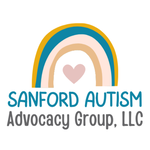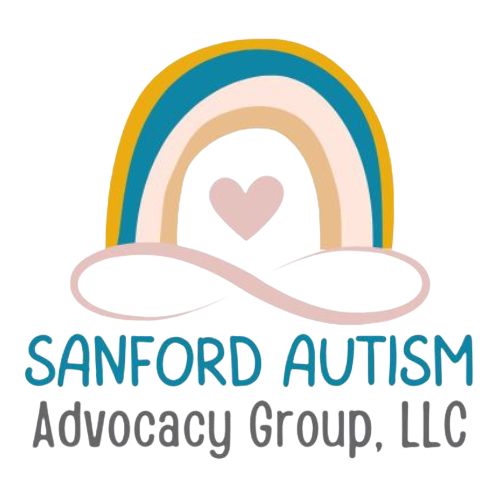|
3/21/2018 0 Comments Special Diets for Autism As a parent of a child with Autism, I know that we are always searching for a support, resource or strategy to help our children become the best they can be. Have you. like me, considered making dietary changes to help your child? Let's dive into the research and learn more about this topic... First of all, we must all remember that each individual with Autism is truly unique. So, what works for someone else's child may or may not work for your child. Most experts recommend a strict trial of at least three months in order to determine if a special diet will help your child. If there are no improvements after three months, you can feel secure that you have made a good effort without a major financial investment. Popular diets for individuals with Autism include:
The Gluten-free diet has been studied the most for individuals with Autism. However, more research is needed to statistically confirm the benefits. It is believed that the breakdown by-products of gluten and casein (peptides) may interact with opiod receptors in the brain, either causing or significantly increasing autistic behaviors. Studies have also shown that there are increased food antibodies (IgG and anticasein antibodies) in a subset of children with Autism who have co-existing gastrointestinal issues. Although this suggests a "gut-brain" interaction, researchers can't yet confirm the direction of this interaction. Surprisingly, gluten can currently be found in a myriad of products in the U.S. Examples of food products include: bread, cereal, pasta, cake and donuts. But, did you know that gluten can be found in many non-food products as well? Examples include: lipsticks, toothpaste, stickers, detergents and sunscreen. This is definitely something to consider when making the choice to trial a gluten-free diet. The Feingold Program is also a popular diet for children with a variety of learning and behavioral differences, including Autism and ADHD. In 1965, Dr. Ben Feingold began his studies of the link between certain foods and additives and their effect on some individuals’ behavior and ability to learn. The Feingold Program is a form of elimination diet where foods containing certain harmful additives are removed and replaced with similar foods that are free of those additives. When starting the Program, certain foods and non-food items containing an aspirin-like chemical called salicylate are also eliminated, and later tested for tolerance. Recommendations The best recommendation again is to know your child, trial changes consistently for a short time and monitor for any benefits or side effects. It is also best to work with an experienced nutritionist, dietitian, or clinician if possible with experience in Autism. References
0 Comments
Leave a Reply. |
AuthorCrystal Sanford, M.Ed., M.A. CCC-SLP, ASDCS is an Educational Consultant, IEP & Autism Advocate and Speech-Language Pathologist. She is also the host of inspiring podcasts, Thriving Special Families and Thriving Autism Families! Her passion is advocating STRONG alongside fellow Autism and other fellow parents of neurodiverse children, helping them to persistently pursue what their children deserve at school. In her free time, she enjoys gardening and spending time with her husband and two children in San Diego, CA. Archives
November 2023
CategoriesAll Amazing Grace Autism Info IEP Advocacy SAC Company Info Thriving Special Families Tips And Strategies |
Photos from Ivan Radic (CC BY 2.0), Ben Taylor55, Oregon State University, C. VanHook (vanhookc), Rod Waddington, bobobahmat, Ivan Radic, marcoverch, Szhlopp, quinn.anya, bennylin0724, Gamma Man, Lorie Shaull, vhines200, davidstewartgets, truewonder, wuestenigel, ecosistema urbano, Phil Scoville, Our Dream Photography (Personal), Alexander king79, Dick Thomas Johnson








